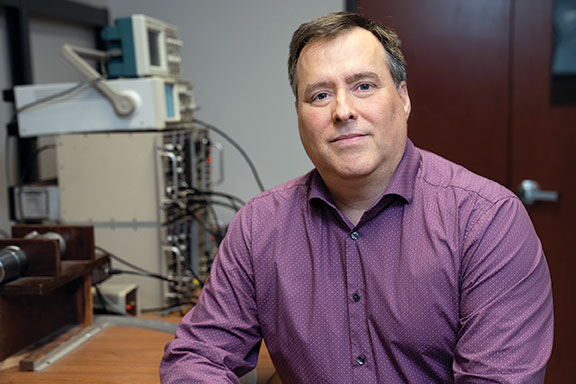For the past five years,
Humber Polytechnic’s
Barrett Centre for Technology Innovation (Barrett CTI) has been a beacon of innovation, collaborating to tackle real-world business challenges using advanced automation, robotics, augmented and virtual realities, and prototyping labs. One notable project involved using 3D scanning and printing technology to improve the life of an alumnus with limited hand mobility due to Lupus.
In its living labs for mechatronics, automation, and advanced manufacturing, students gain hands-on experience with leading companies in mobile technology, sensor technology, robotics, additive manufacturing, and digital technologies. By partnering with Barrett CTI, companies gain access to cutting-edge resources and fresh perspectives, fostering a mutually beneficial environment for growth and success.
The Barrett CTI is part of Humber’s Centres of Innovation (COI) Network, which unites faculty, students, community and industry partners to solve complex, real-world problems in critical areas, including Creative Business Innovation, Innovation in Health & Wellness, Entrepreneurship, and Social Innovation.
humber.ca/barrett-centre-for-technology-innovation



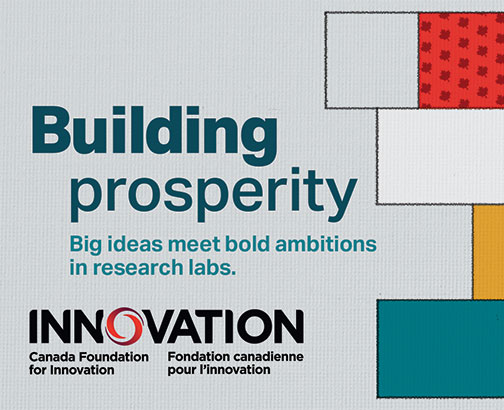
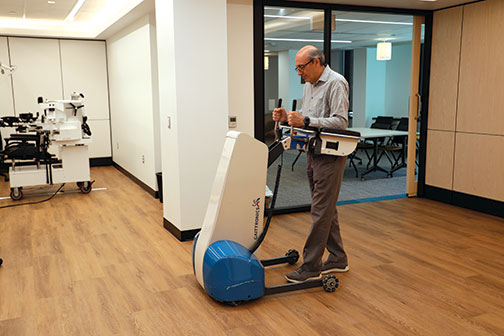 A kitchen with 3D-printed food for those who have difficulty swallowing. AI-powered wearable robotics to support mobility. A sensory space making music accessible to everyone.
A kitchen with 3D-printed food for those who have difficulty swallowing. AI-powered wearable robotics to support mobility. A sensory space making music accessible to everyone.

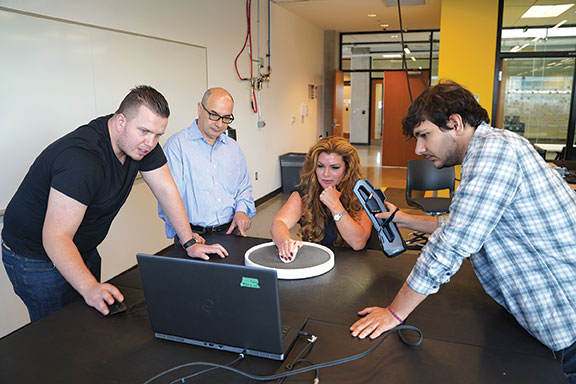


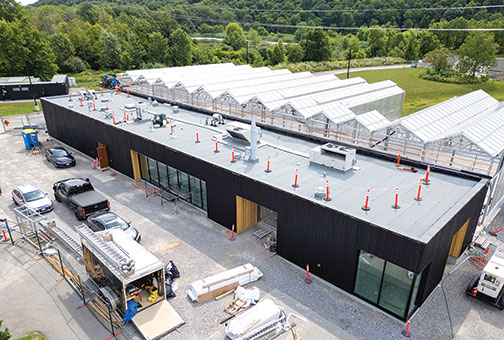
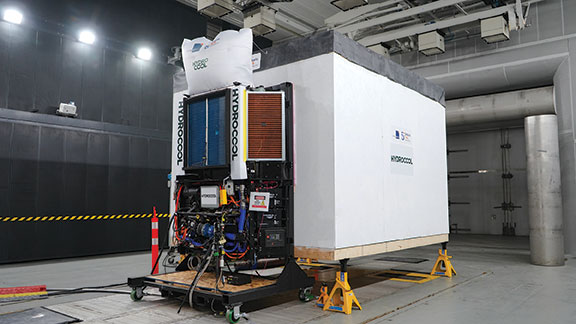



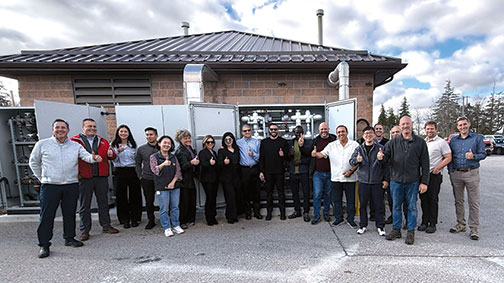 TMU professor Dr. Elsayed Elbeshbishy, his research team and industry partners at the site of the first digital twin pilot sewer in Canada, located at the Komoka wastewater Treatment Plant in Delaware, ON.
TMU professor Dr. Elsayed Elbeshbishy, his research team and industry partners at the site of the first digital twin pilot sewer in Canada, located at the Komoka wastewater Treatment Plant in Delaware, ON.
